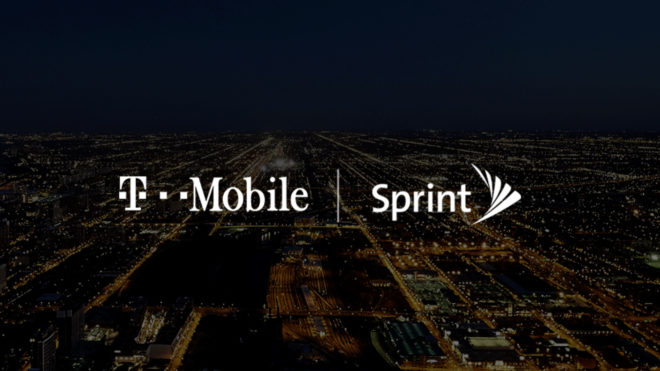
At the tail-end of the testimonies in the T-Mobile-Sprint merger, the Department of Justice and Federal Communications Commission voiced their support for the deal in a filing. Fast-forward to this week and the states opposing the deal have responded.
In a filing from Wednesday, lawyers for California and New York argued that the merger’s approvals from the DOJ and FCC don’t carry special weight and should be ignored by the judge in the trial. The states went on to argue that the agencies gave the green light to the deal with only a “cursory examination” and that their decision was “inconsistent” with its previous opposition to wireless consolidation.
“The federal government approved the merger with what appears to be only a cursory examination of the approval conditions,” they said.
Both sides also submitted their findings of fact and conclusions of law this week. They argue that the New T-Mobile could end up raising its prices post-merger because Sprint and T-Mobile are close competitors, offering lower prices than AT&T or Verizon and making moves aimed at the other.
The states also cite switching data that about 40% of customers who leave T-Mobile join Sprint, while about 50% of customers leaving Sprint join T-Mobile. The end of this “direct competition” and threat of a rival that consumers could leave for “will result in significant upward pricing pressure on New T-Mobile,” the states argue.
They go on to respond to the pro-merger argument that without the deal, Sprint won’t be a meaningful competitor in the future and so the merger will not significantly lessen competition. The states say that Sprint’s marketshare has been stable in recent years and will remain that way for several years to come. Sprint also has a strategy to prioritize 48 markets (around 70% of the U.S. population) for 5G while improving its network in others.
“Sprint’s current situation compares quite favorably to T-Mobile’s in 2011,” the states say. “T-Mobile was hemorrhaging customers and had high churn and an inferior network…Sprint, by contrast, has held steady at over 50 million subscribers for years, and it possesses an extremely valuable trove of mid-band spectrum that Sprint has told another judge in this Court will allow it to ‘leap-frog’ its competitors as it deploys 5G.”
Additionally, the states argue against the notion that Dish Network will be a competitive replacement for Sprint. They believe that Dish’s entrance into the U.S. wireless market “will not be timely, likely, or sufficient to replace the competitive significance of Sprint,”.
They go on to argue that Dish is a satellite TV provider with no experience in mobile wireless, no wireless subscribers, no wireless network, no wireless stores, no brand associated with wireless, and no wireless towers that can communicate with phones.
Meanwhile, the defendants submitted their own filing in favor of the merger. They argue that the deal is unlikely to result in increased prices, going against the upward pricing pressure that the states claim will happen.
“The theoretical upward pricing pressue analysis fails to consider many factors that affect a real-world firm’s prices, such as reputational damage, changes in business strategy or business models by competitors, or repositioning of competitors,” the defendants say. “These are important here, both because T-Mobile’s Un-carrier brand is closely associated with offering more value and lower prices, and because repositioning is common, as Verizon’s new prepaid offering shows.”
The defendants also argue that Sprint is losing its “competitive significance” and that its future competitive position is “considerably weaker than its past ability”.
Meanwhile, Dish will immediately become a competitive entrant into the wireless market, the defendants say. This is because of advantages it has like its unused spectrum and its ability to deply a 5G network without the burden of legacy costs of older wireless technologies.
Final arguments in the T-Mobile-Sprint merger lawsuit are slated for January 15th, and it’s expected that Judge Victor Marrero will issue a ruling in February. Until then, you can view these filings for yourself at the source links below.
Via: Bloomberg, Reddit
Sources: Plaintiffs, Defendants
